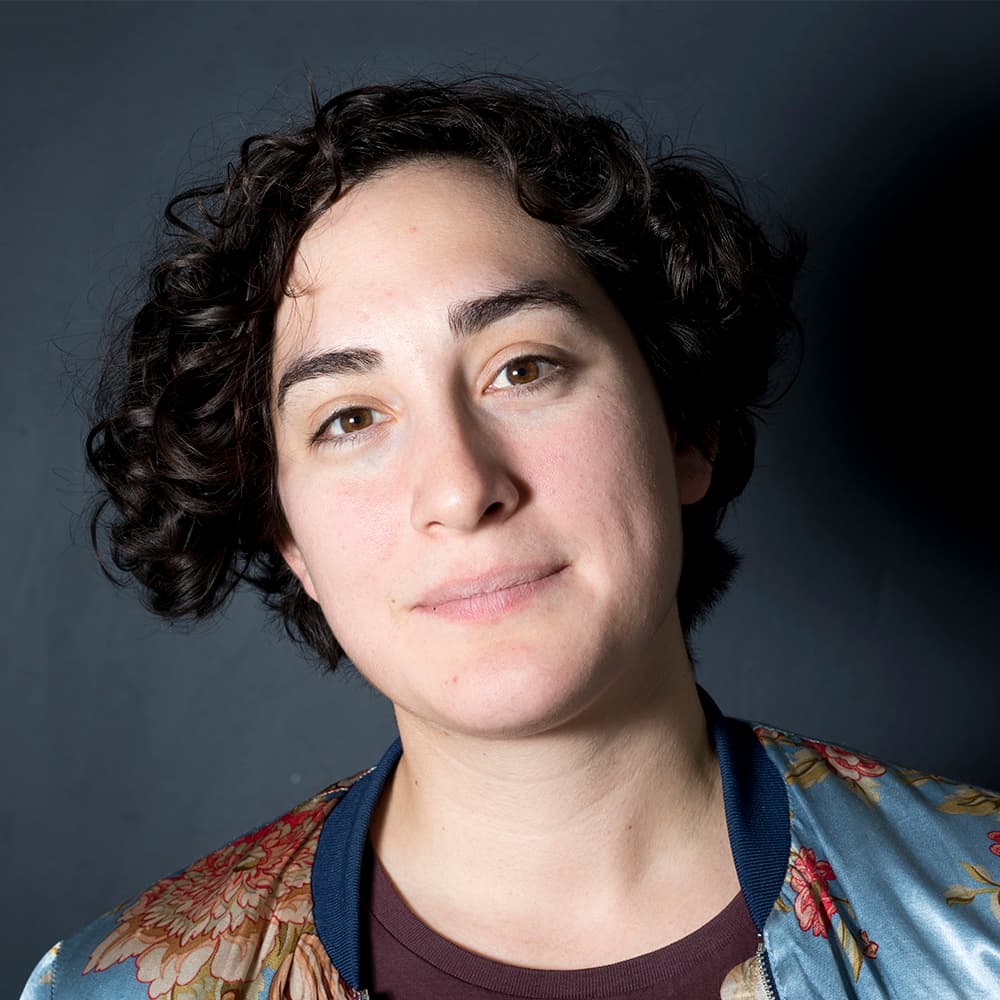
By late 2019, developers hope to have 65 new affordable units within a five-minute walk of the 38th and Blake light rail station.
The Urban Land Conservancy, through a 99-year ground lease with development partner Medici Consulting Group, plans to keep the units affordable for a long time.
It's not the first time that ULC has made one of these arrangements -- it's actually the fifth -- but it's still important.
"The use of the ground lease is a really important way to ensure not just our investment, but other public investment is going to live on for multiple generations. This is not just for 40 or 50 years, this is 99 years plus a second 99 years. That's really important," said Aaron Miripol, president and CEO of ULC.
Essentially, the ground lease means that Medici constructs and owns the building while ULC retains ownership of the ground underneath. Medici doesn't pay for the land, saving them from a major expense associated with similar projects.
"We've got finite pieces of land, we've got public entities that own land in strategic locations. Let's think about not necessarily selling the land for the highest price, but doing a ground lease, selling development rights, but staying on the ground," Miripol said. "That's how we protect the public investments we've made years ago for the future."
In the more near-term, groundbreaking is expected in late 2018. When the building is finished, there will be community space for nonprofits or local artists, a fitness center, computer lab, rooftop decks and a courtyard.
And for tenants earning 30 to 60 percent of area median income, there will be 30 one-bedrooms, 31 two bedrooms and four three-bedroom units.
"I wish we could do a lot more three-bedrooms. The numbers just don't make it work, unfortunately," Miripol said. "We're getting more two- and three-bedrooms than we're getting ones, and I absolutely think that's a critical need in this neighborhood."
And to Miripol, it's really important to get these units to people who currently live in the immediate area.
"One of the key things for us ... is making sure that we are reaching out to these folks in the Cole neighborhood, that there's a real aggressive marketing effort on the ground in Cole," he said.
Another interesting thing about this development is the way it's being financed. First, there's a significant chunk of money coming from Low Income Housing Tax Credits. ULC estimates their recent 9 percent award will provide $11 million in equity to finance the development, estimated to cost $17 million.
On top of that, ULC plans to develop adjacent land at market rates in partnership with McWhinney, who will in turn provide approximately $1.5 million for construction of the Walnut Street Lofts, as part of the area height incentive plan.
As far as the Beloved tiny home village, the current occupant of the site: Its organizers have always planned for this site to be a temporary, six-month location, and they've been planning for their next site. Now it's time for someone else to pick up the torch.
"To be fair, one of the things we felt was really important was doing the tiny homes on our site, but we wanted to see other people step up. This isn't just something we're doing," Miripol said, referring to the tiny homes. "Other people should be supporting this."












